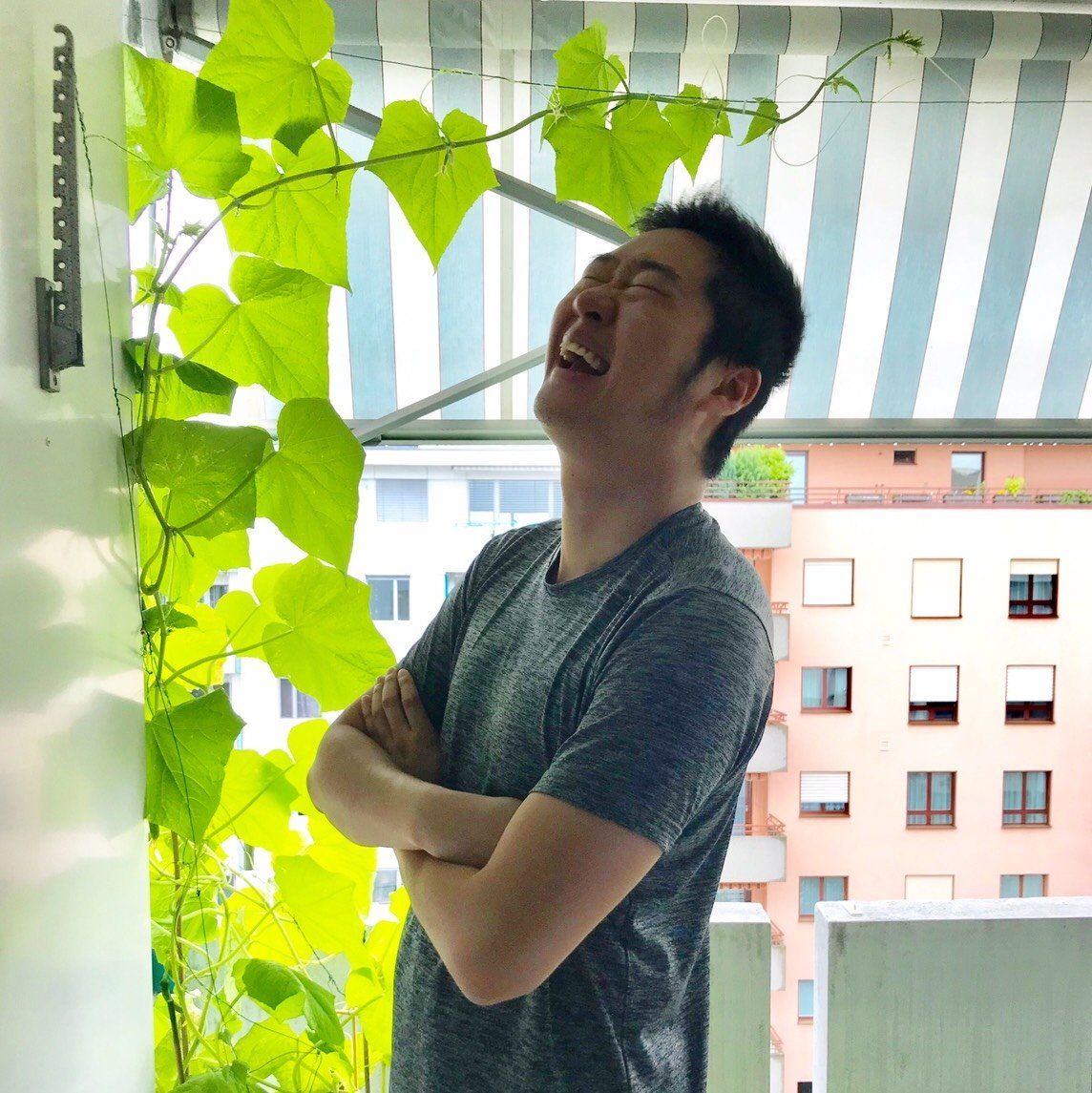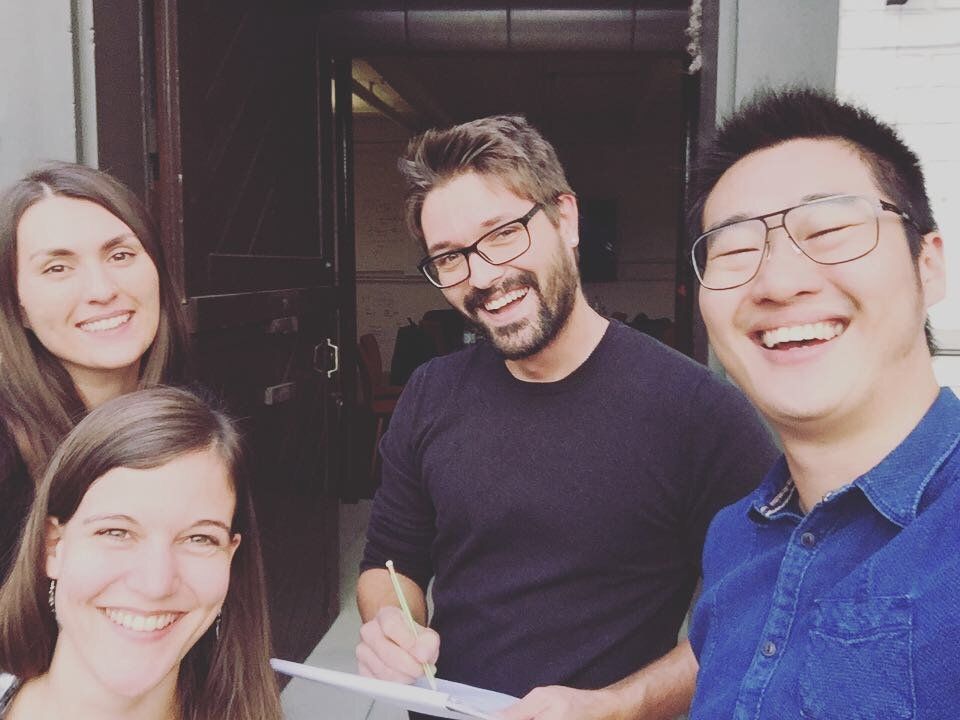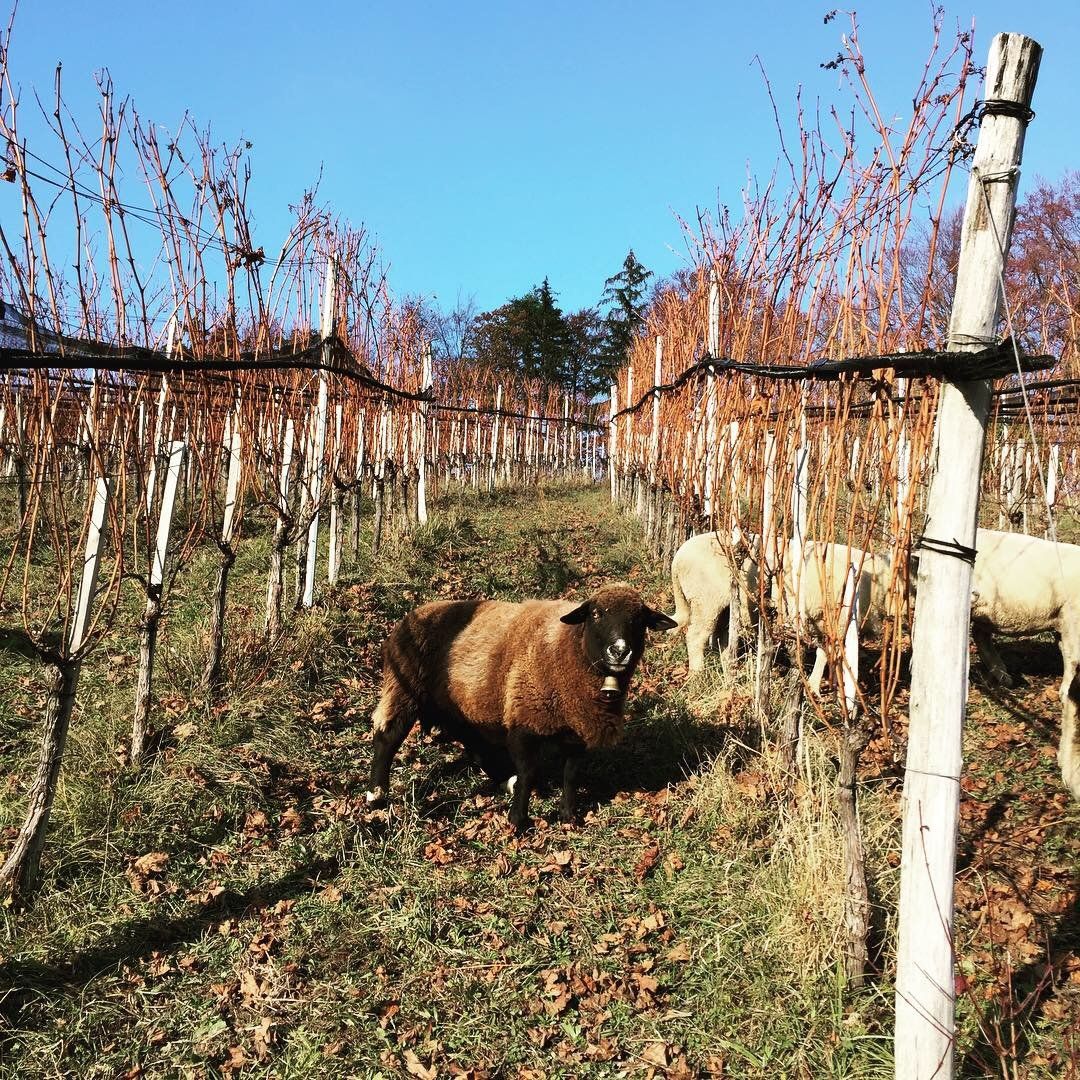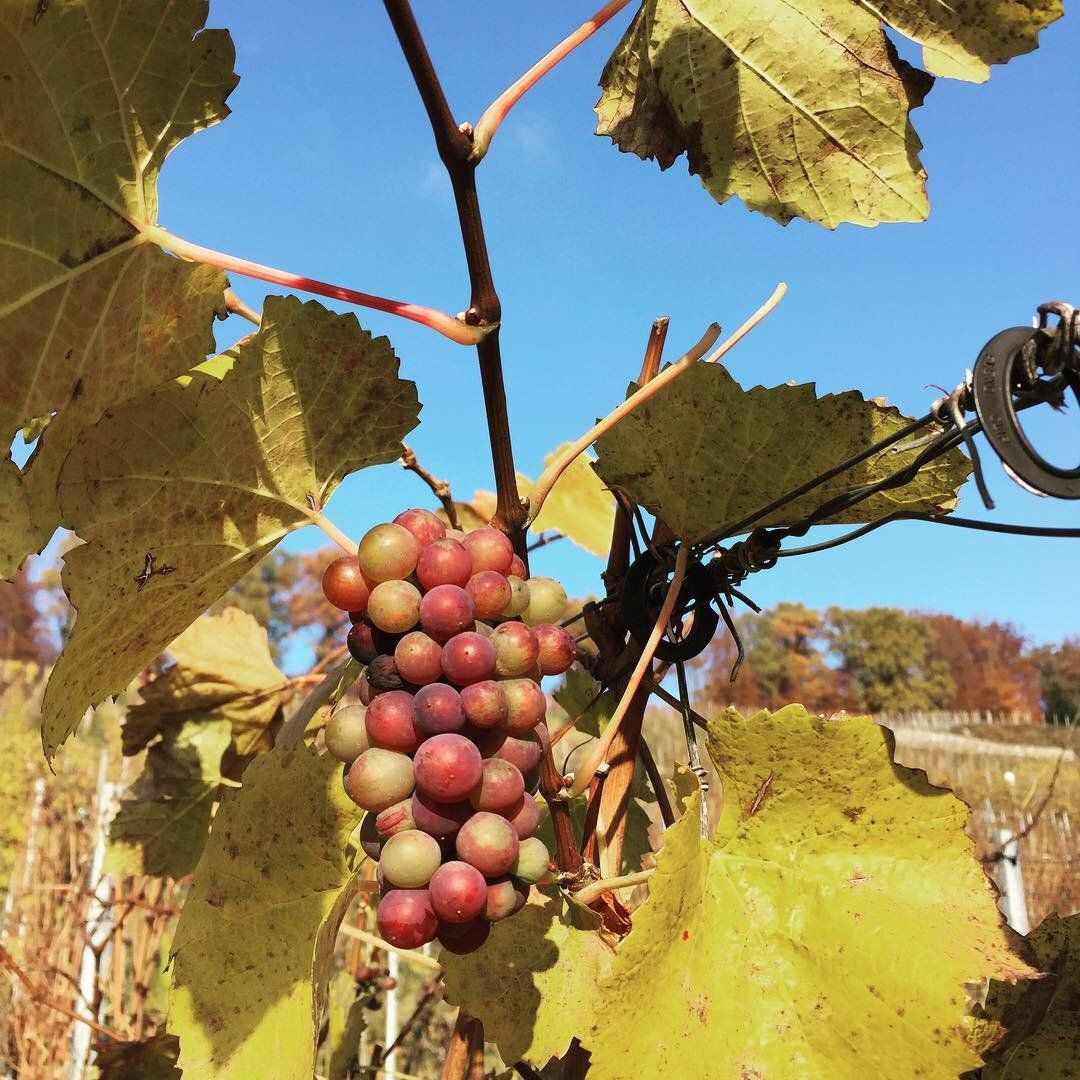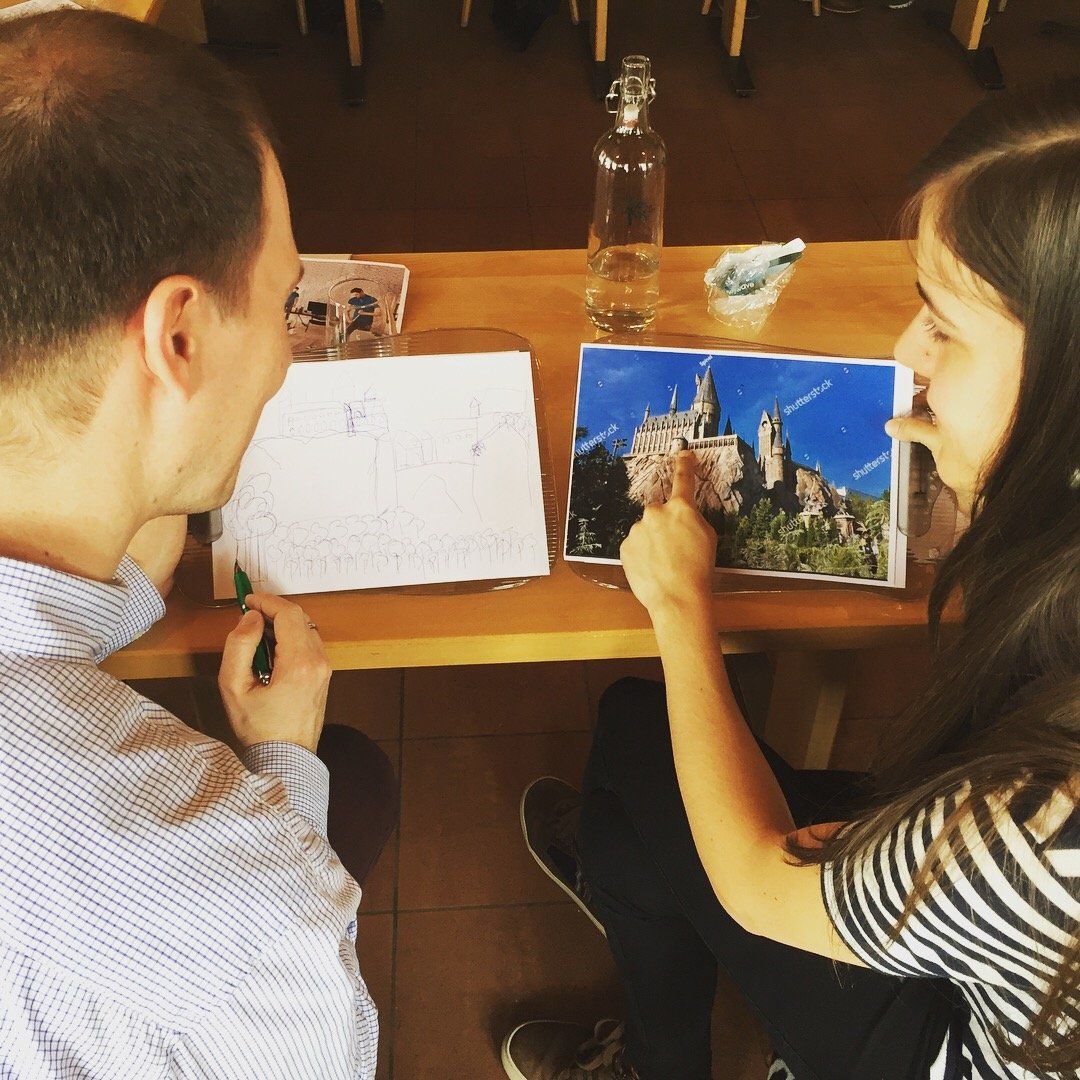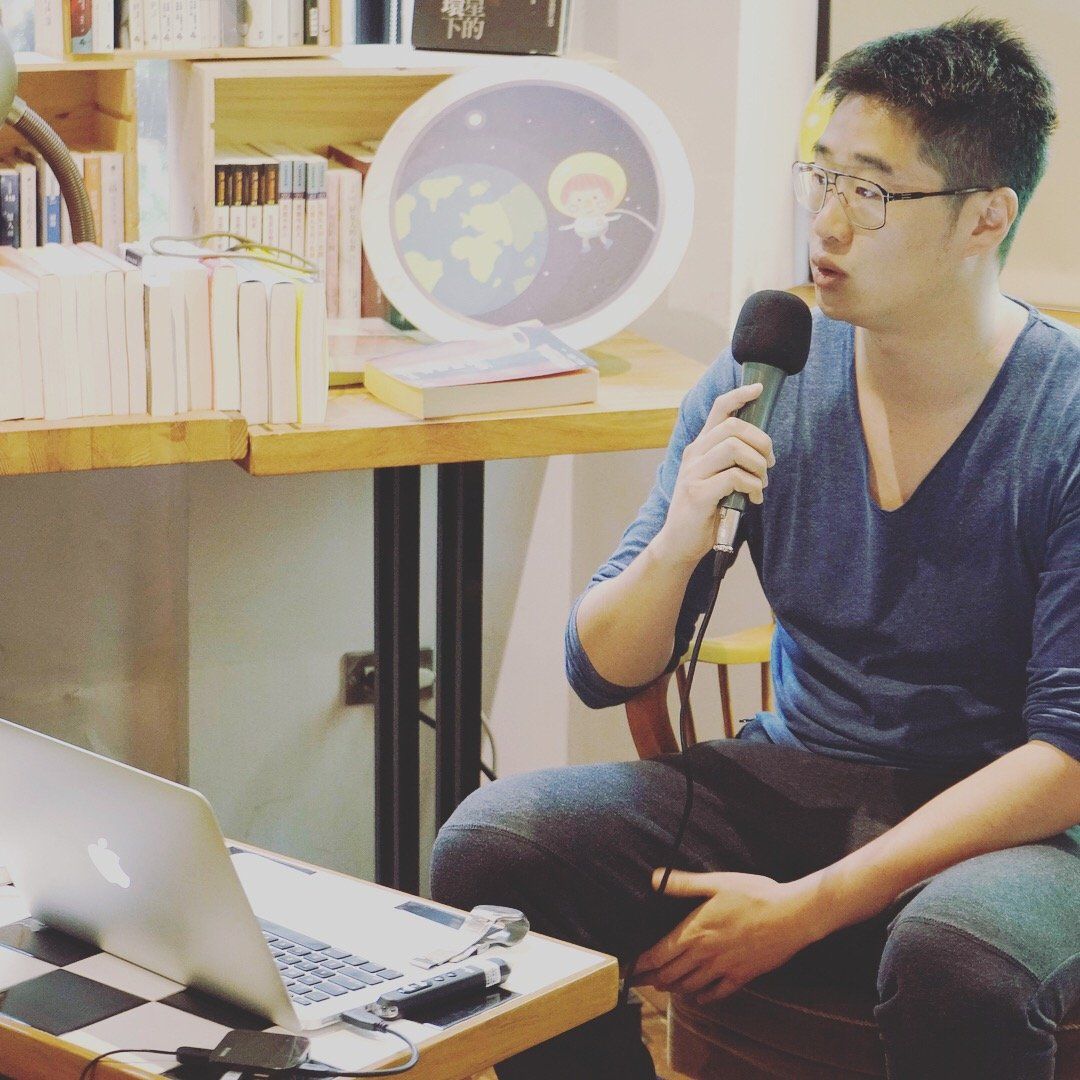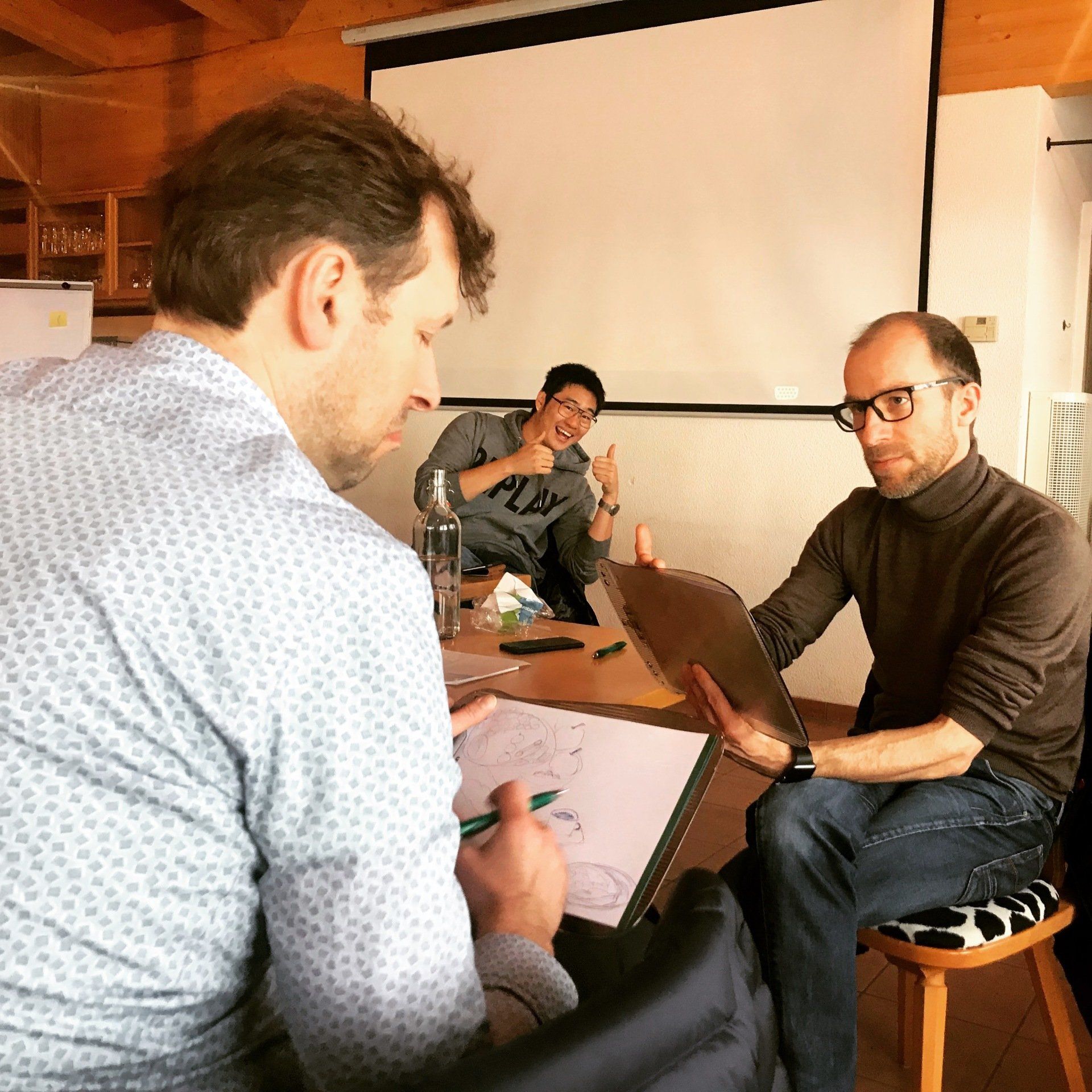Return Wild
一起在實作中學習
在學校學習多年後,您已準備好迎接現實世界。當你進入第一份工作時,你發現到企業與學校教授的東西是截然不同的:談判,提案,產品上市,創新......。這就是為什麼在 Return Wild,我們專注於為年輕人準備真實的工作技能。
THINK BUSINESS TALK BUSINESS
THINK BUSINESS TALK BUSINESS是一個為期2天的密集課程。在6人的小型課程中,您將通過一系列案例模擬學習和實作各種核心技能。
策略分析
使用矩陣思維來審查外部和內部情況
現金流量分析
使用自由現金流分析比較不同項目的回報
簡報
構建您的故事並呈現令人信服的圖表
談判
了解如何運用多種因素進行談判
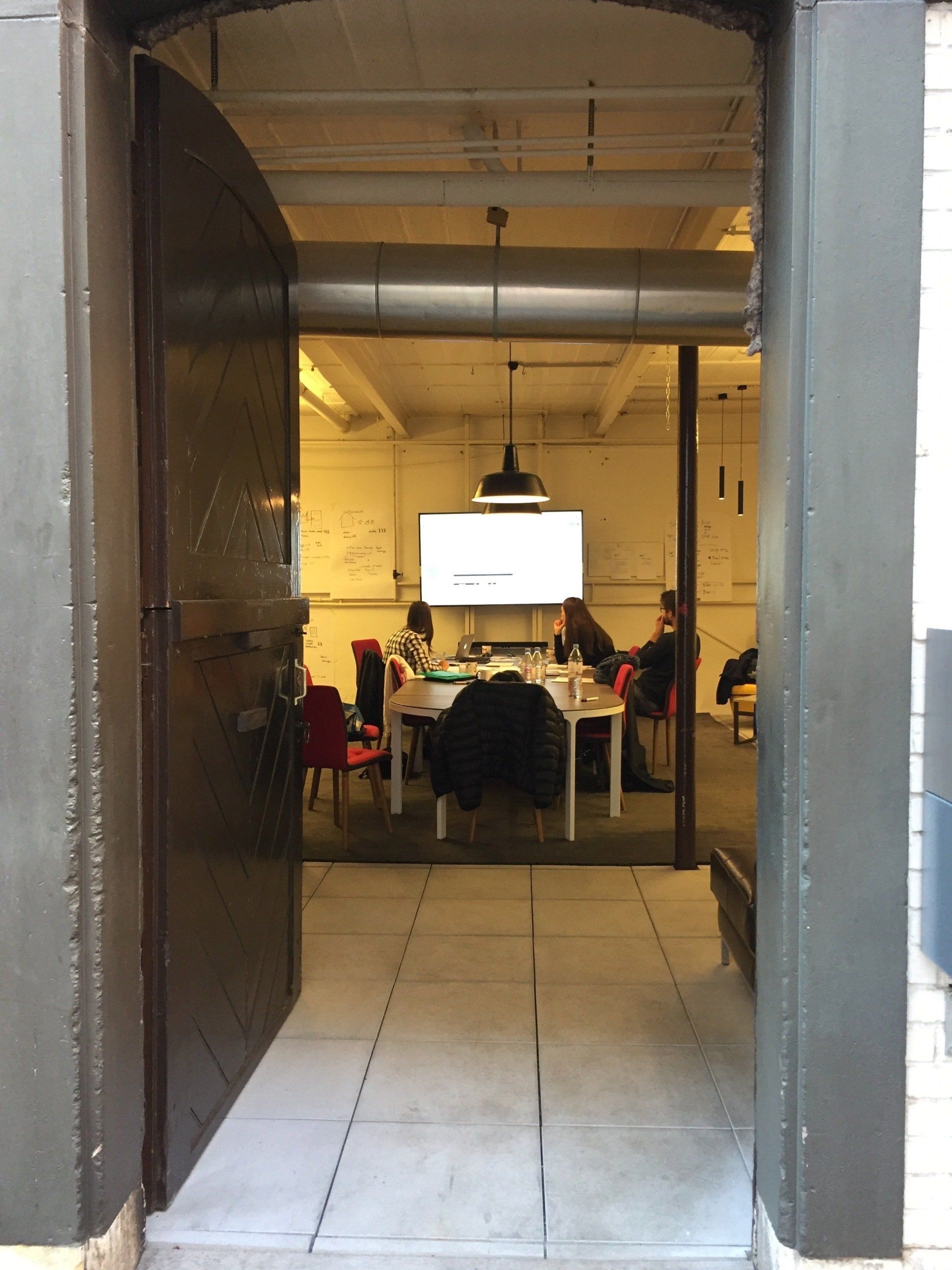
Slide title
Write your caption hereButton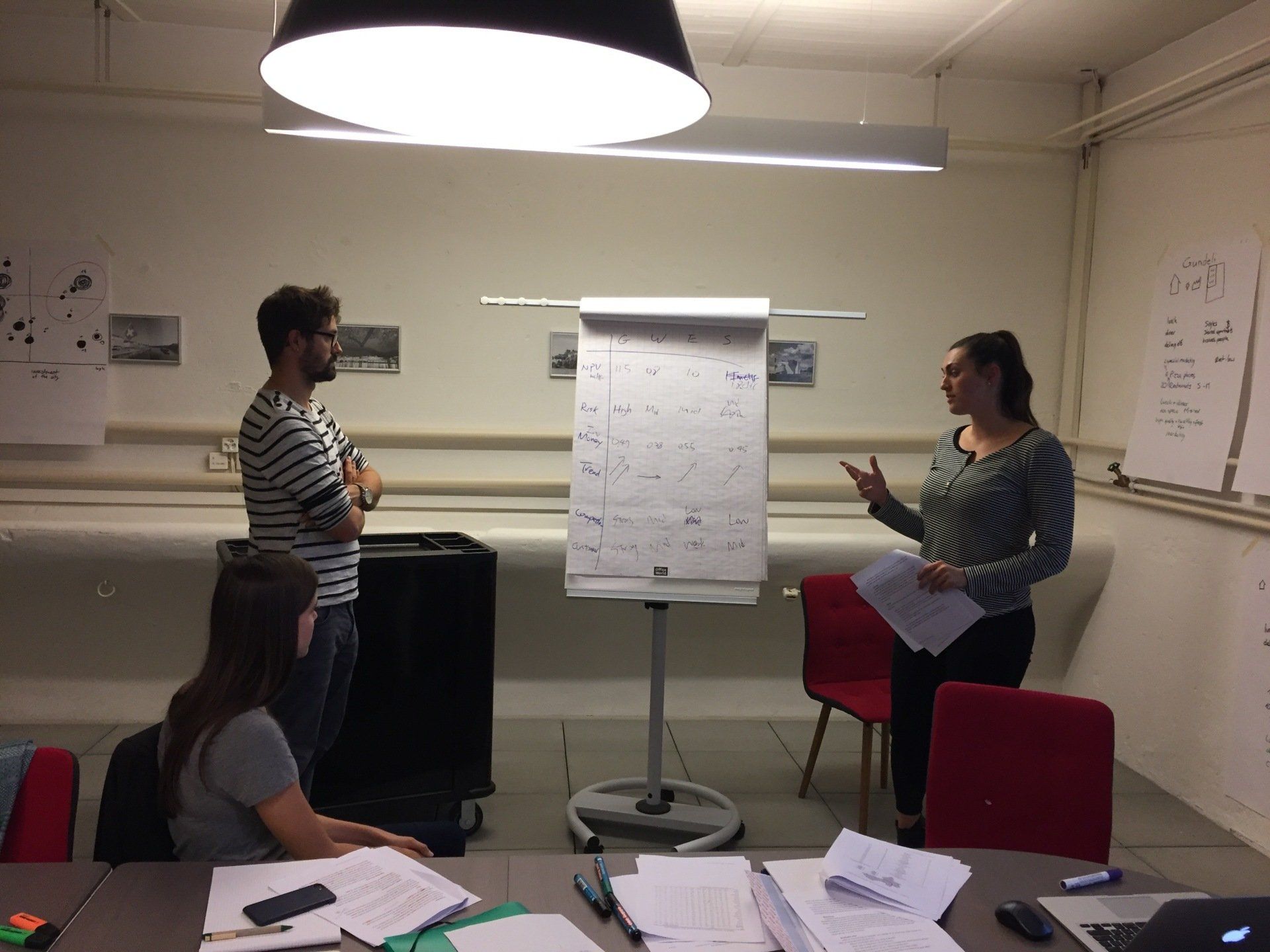
Slide title
Write your caption hereButton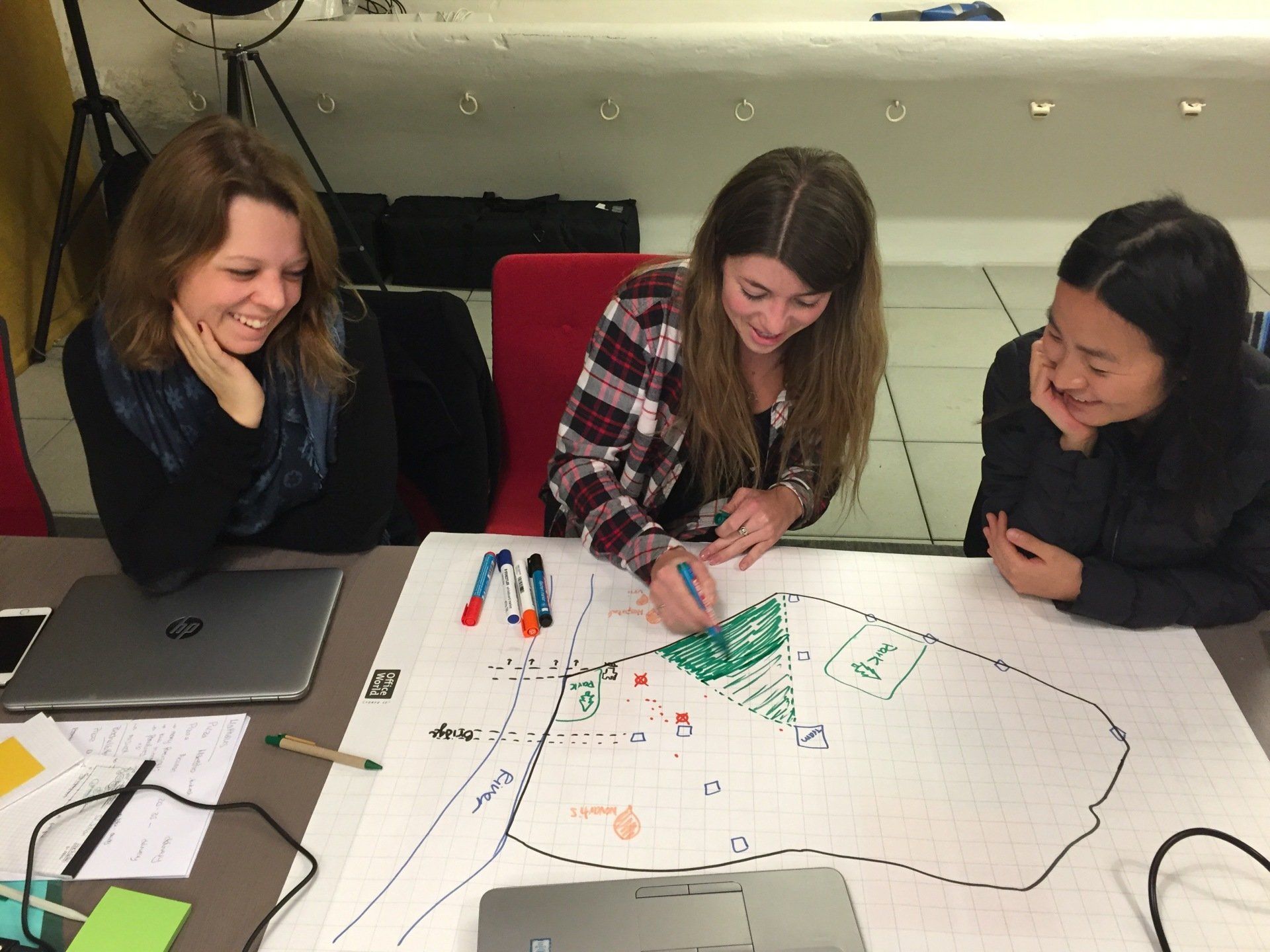
Slide title
Write your caption hereButton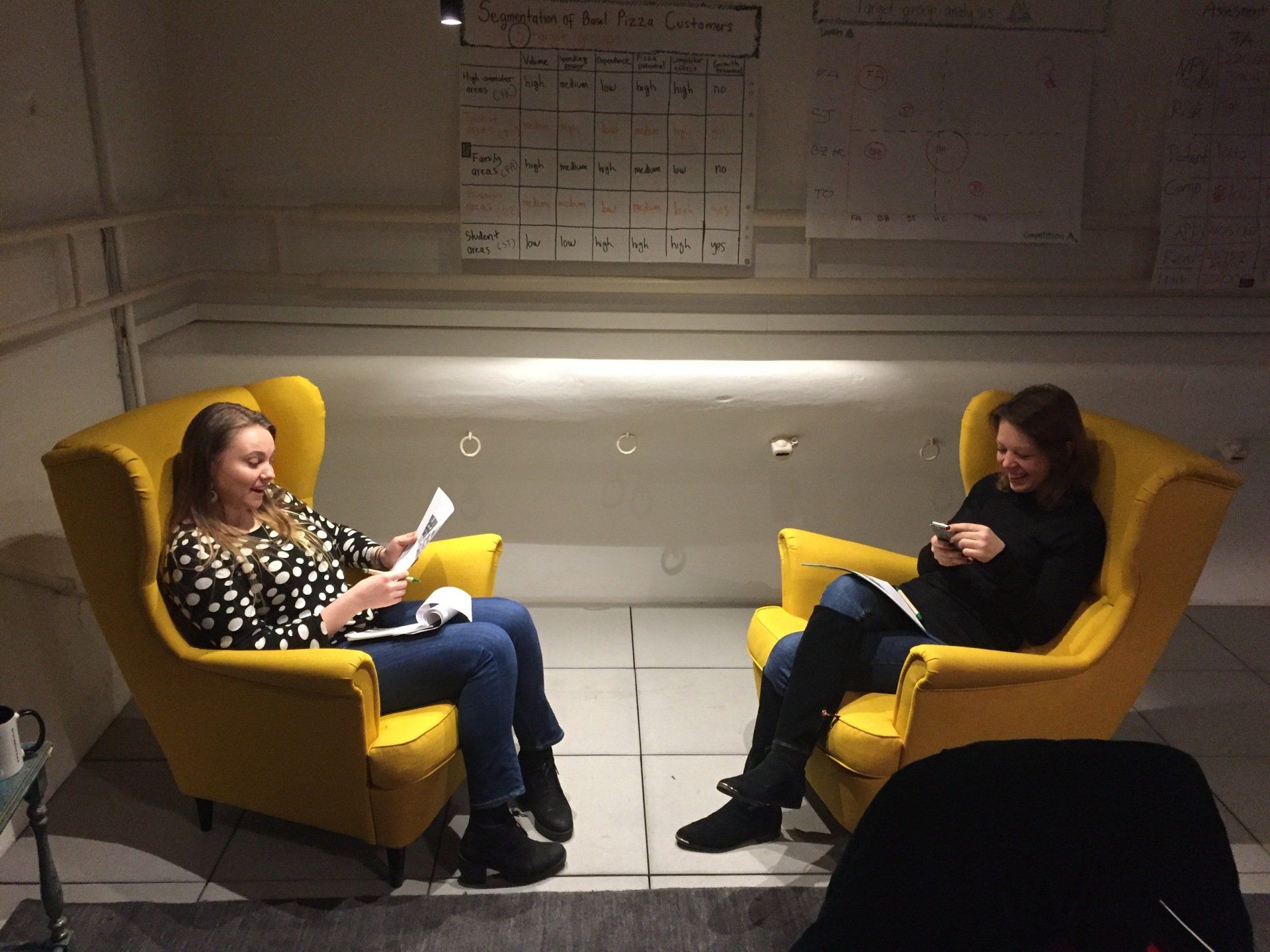
Slide title
Write your caption hereButton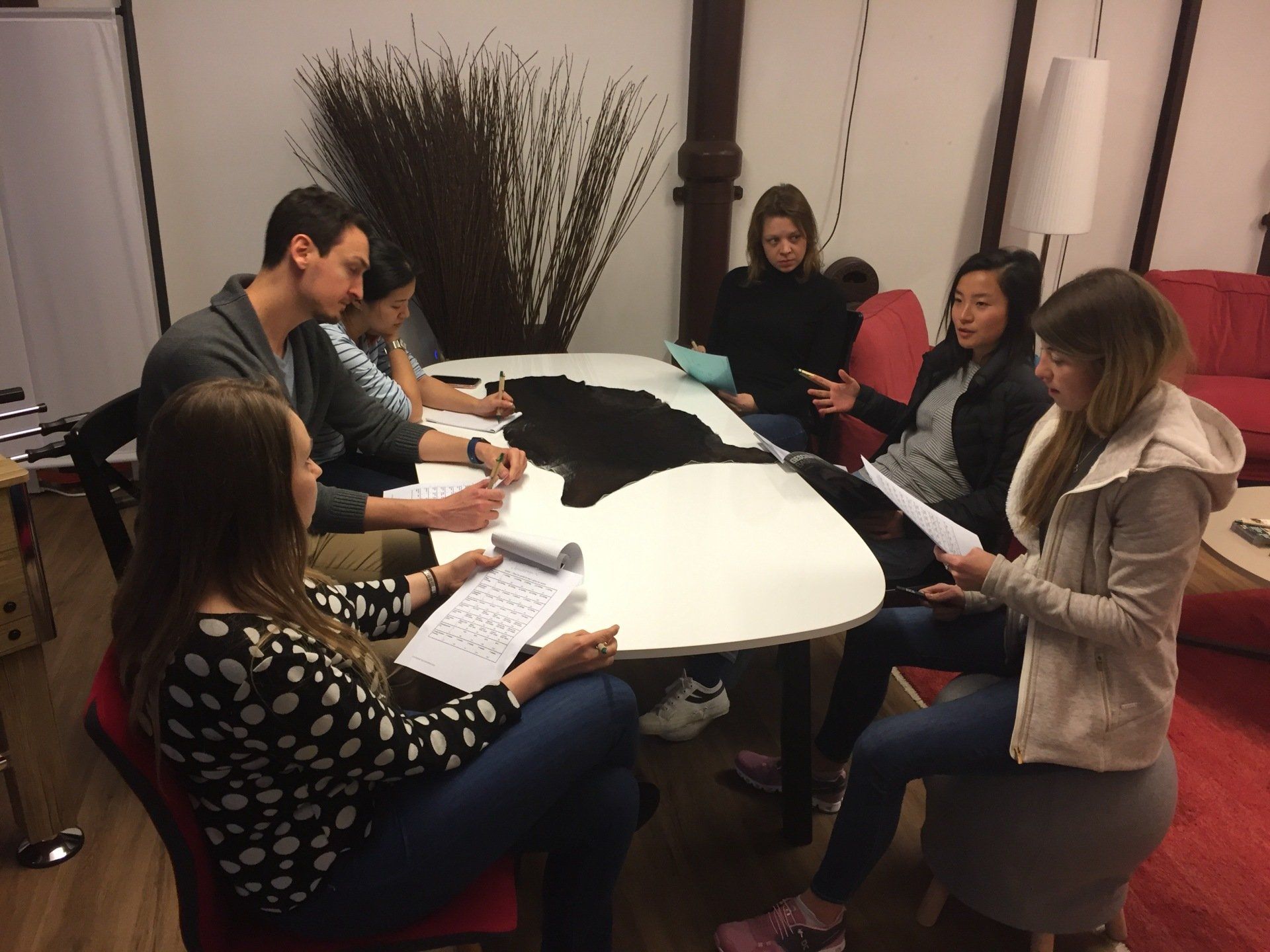
Slide title
Write your caption hereButton
學員怎麼說
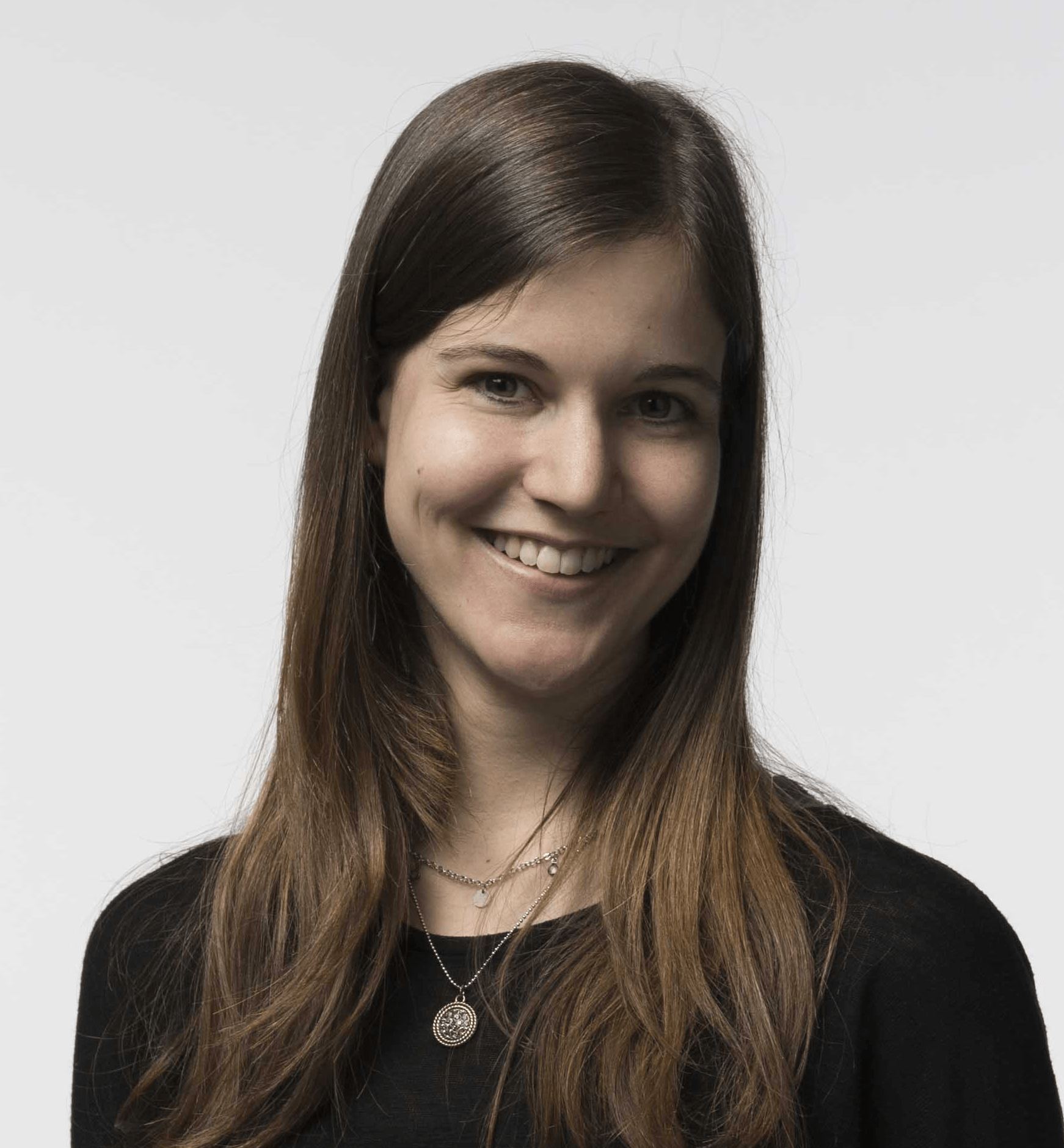
“簡明扼要的信息,貼近現實的練習和直接的反饋。 Shane以易於理解的方式介紹業務和營銷策略非常棒。這些練習迫使我採用比我通常要做的更具戰略性的商業思維。我現在絕對有信心在專業水平上應用這些策略。為學習後的現實商業開端提供了很好的幫助!“
Corinne Meyer
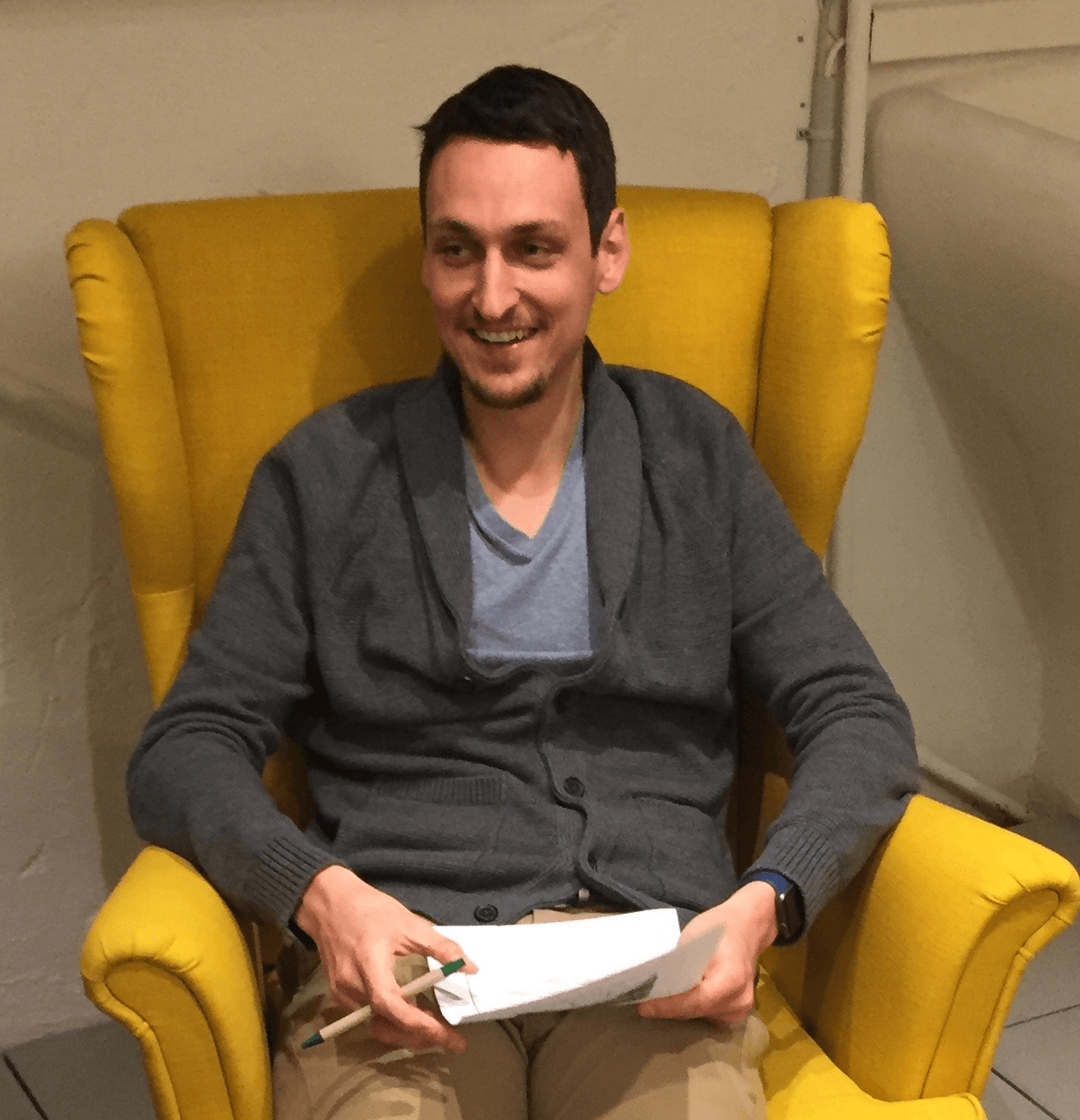
“課程非常有趣,包括根據事實創建模擬,如何呈現它以及如何計算基本財務數據。最好的部分是實踐談判,多謝準備充分的商業案例和非常積極的老師“
Michael Kuster
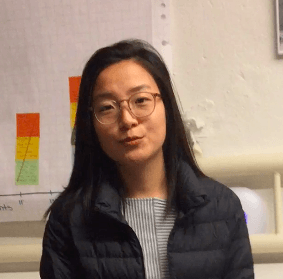
為期2天的研討會經歷極為豐富。清楚的結構與非常好的混合概念教學和實踐工作。對那些想要提高演講和談判技巧的人提供高度可操作的見解!我很開心與不同背景的參與者一起學習和學習。這是一個美好的周末“
Wei Yu Wang

“該課程給了我很好的洞察力,有用的商業工具,更有信心接觸潛在的商業提案。它幫助我更好地了解如何成功推銷商業計劃,制定可靠的財務計劃並了解如何正確呈現我的故事。 Shane讓我們全都都參與進來,他的方法非常有深度,耐心和有條理。我肯定會再度的和他一起上課!
Emilia Ossipowski
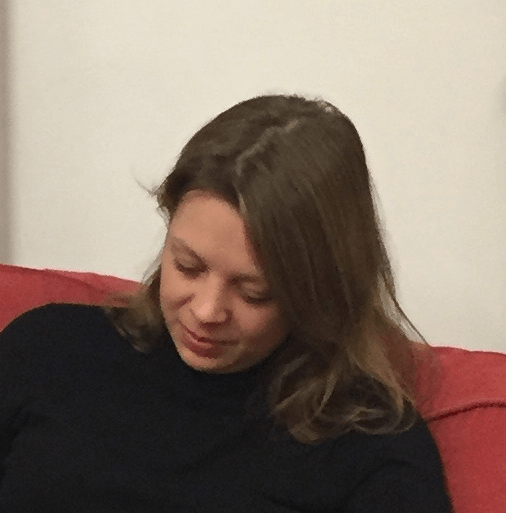
“這個課程很棒,非常互動!Shane是一位優秀的老師。在實際和自己的項目中應用我們學到的框架和策略是非常有幫助的。我特別喜歡第二天的談判部分“
Caroline Speth

“我來自非商業背景,因此我不確定會發生什麼,但我現在我有一個很好的基礎如何開始準備和評估商務案例。 Shane是一位優秀的教練,和他在周末學習商業策略非常值得。他充滿了知識,喜歡與他人分享“
Karlyn Sturtevant
部落格

作者: Shane Feng
•
2018 Dec 9
There is a saying “a picture is worth a thousand words”. Human beings are attracted to visual images, might be because our ancestors relied on their visuals memories to remember the way home after a long day hunting and gathering. We are the descendant of the ones with superior visual memory, and probably not from the ones that forgot to “turn right at the big oak tree” and got lost in the forest. When I first started working, I was first given the role as a product specialist, then as a product manager. Through the roles, I learned how to manoeuvre myself between departments: Business Development, Finance, Engineers and Sales, to gain their support and bring a product from paper to life. Every different departments had their own view on “the right way to do things”. And I learned the best way to get people onboard, is to get to know how their mind works and speak their “visual language”. By presenting my ideas in a way that fits to a mental image someone is familiar with, I tend to get my idea across faster, and receive more feedback. If we boil it down, there are five types of mental visuals that are most used in daily work. Strategists asks “Where do we play?” ——The positioning matrix
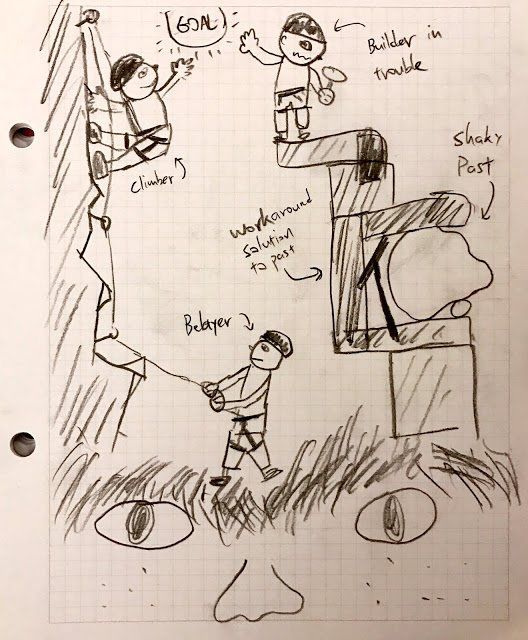
作者: Shane Feng
•
2018 Dec 9
I learned about the book “Hostage at the table” during my last session at IMD MBA. To be correct, I learned about the life story of Professor George Kohlrieser , and how he came up with his theory of how business leaders can learn from hostage situations. George was giving the last lecture of the IMD MBA called “Bonding and separation - A key to high performance”. George was a hostage negotiator. He was the guy police calls in when situation becomes tricky, and bloodshed seems inventible. “People do not kill people.” George said in class “People who kill see others as objects” That is easily said from someone who was held at knifepoint four times in his life. What kept me curious is what does hostage negotiation skills have to do with my daily life? Hopefully I will not need to practice these skills ever in my life. Then George dropped the “a ha” moment. He is here not to teach us to be smart talkers, he is here to tell us the importance of saying goodbye. Separation means grieving for a loss. Over all the critical situation George has handled, it always involves the lost of something or someone significant. People who lost their love ones, lost a job, lost their life purpose, lost a privileged status, lost their dream, lost faith or lost control over their lives. When people cannot deal with the separation, they cannot bond with others. And that is when people will do anything to retrieve what they lost, even if it means hurting other people. George could intervene the situation, by establish a bond with the hijacker. By bonding with the person, George could remind the person their capability to bond with others and grieve for their loss. This reminds me of Facebook new policy that employee have 20 days immediate leave for death of an family member. If people do not allow themselves to grieve for their loss, they will become hostages of their own minds and spend their lives searching in agony. We may not have been held at knife point in our life, but we could have hold an imaginary gun to our own heads, and “hijack” ourselves with thoughts. Scary as it may sound, this metaphor happens in our daily lives. We tell ourselves that we have no choice, so we jump into action out of fear in our minds. George also points out anticipated lost, the fear of losing something important in the future, could also be as bad as lost itself. All of these fears turns on our natural “fight or flight” instinct, and the brain deadlocks into defence mode. The way to live to our full potential is living a life without fear. The metaphor is a rock climber with someone holding the security rope below the cliff, the “belayer”. Without the security and trust of the belayer, the rock climber will not be able to go for the top. Throughout our lives, we rely on our “secure bases” that we know we can turn to. These secure bases reassure us that they are here to stay, and encourages us to “go for it” and “try again”. In other words, bonding with secure bases allows us to bond with our personal goals. We might have also encountered over-achievers that say “I rely on only myself.” These people find it difficult to trust others, and believe they always need to “do it myself”. This could sometimes be traced back to an incomplete separation in their past, which inhibits their ability to bond with others. As an alternative, over-achievers become obsessed with the comfort of “winning” and “perfection” provides, as goal achieving becomes their primary secure base. As successful they might seem, they are fragile on the inside. The imbalance of over-bonding to goals and not confronting their past, means living in fear everyday. “What happens when I fail, will people still love me?” This mental state is unsustainable overtime, as each success only brings the stakes higher, and the inevitable crash becomes increasingly scarier. The bigger they are, the harder they fell. But sometimes, failing is a blessing in disguise. Failure allows the chance to people the relief from the pressure of perfectionism. Like a the moment a stack of Jenga crashing down after rounds of stacking. Instead of living like a fragile Jenga, we should allow ourselves to live like an everlasting pyramid. Resembling like a pyramid, Maslow’s hierarchy of needs echoes with George’s climber/belayer metephor. According to Maslow, self-esteem and self-actuation can only be established on the basis of love and belongingness. People who have strong secure bases they can turn to, are more willing to commit to their goals, who tirelessly try again and again. As in the famous quote of Samuel Beckett: “ever try, ever fail, no matter. Try again, fail again, fail better”.
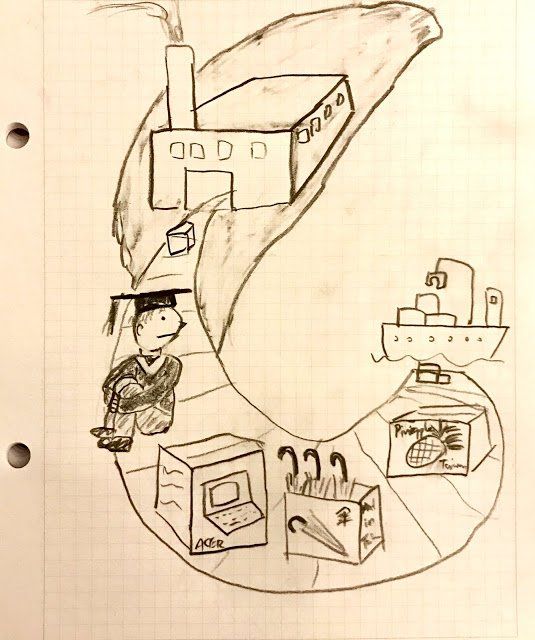
作者: Shane Feng
•
2018 Dec 9
According to Oxford Economics report “ Global Talent 2021 ”, Taiwan is facing the strongest threat of talent deficient among developed countries. Young Taiwanese are going abroad to study and find jobs, hoping for better compensations and career outlook. When I now count on Facebook among my friends from my student days, 30% of them are working or living abroad. Most of them are in US, Japan, and China. Thinking about the situation, we could discuss why Taiwanese companies are struggling to attract talent and what can we do about it. But on the flip side, I am curious why my Taiwanese peers are so competitive in finding a job abroad? Is it something in our culture, education or society that gives us a competitive edge then other Asian graduates? Flipping through Facebook friend profile and thinking back of our own story coming to Switzerland, I boiled it down to three things. Taiwan has raised a generation of youngsters to be easy-going, risk adverse people who care about others. These traits combined with high education degrees, makes young Taiwanese attractive employees for foreign companies. Easy going is a virtue in Taiwan. Young Taiwanese adore politicians and celebrities that are down to earth, unpolished and authentic. The election of Ko Wen-je, a doctor with no political background as Mayor of Taipei illustrates this trend. Ko is known for his candid and practical voice, which won him the support of Taiwanese youngsters. Why are we Taiwanese so easy-going? It might be the history of the island, which has been formed by Spanish, Dutch, Japanese, Americans and Chinese over time. Under the influence of various foreign powers, Taiwanese people learned how to thrive under pressure. Maybe its the tight community that encourage people to be in good terms with everyone else. After all, it is a small island, and you wouldn’t be surprised to find out that you have multiple mutual friends with some complete strangers on Facebook. For myself, I noticed when I was studying for my MBA, I was recognized as “the guy that always wears casual” compared to my other Asian classmates. Even the MBA program director felt the need to remind me to wear formally when we had guest speakers. For me, what people wear does not matter, but rather what value you can offer to others. Because of my easy-going nature, I found that I am more calm then others when discussions heat up. When I was interviewing for my job, I was asked to role play difficult customer conversations with my interviewer, and take and give criticism. My easy-going was a big plus for my profile, since in the medical industry it is crucial to know how to drive a conversation without crossing the line with healthcare professionals. In my daily work, I noticed that because my colleagues consider me as an easy going person, they tend to easily put down their guards. At work, I often make jokes about myself and I show little desire to impress others. As a result, my colleagues are more willing to share info with me or support my ideas. In general, Taiwanese people are risk adverse and happy with what they have. In a study comparing 23 developed countries, Taiwan was the most risk adverse country among all. This means as Taiwanese people becomes wealthy, we tend to secure our gains instead of venturing onwards. This characteristic reflects both in homes and workplaces. At home, parents teach children that greed is bad, and you should cherish what you have. At workplaces, employees are often asked to play it safe. Instead of risky long term research or investments, Taiwanese companies tend to prefer production scale up or efficiency improvement projects. Being risk adverse means Taiwanese people tend to be modest and conservative about their capabilities. Also, a risk adverse person tends to accept rather then change the status quo. As a result, Taiwanese people are often seen as hard working, compliant employees with predictable actions. Employees you can trust to keep the daily business running smoothly. While working in Switzerland, this Taiwanese mindset still follows me. For example, I am more eager then my colleagues to try to answer my boss’ requests as much as I can. It feels so natural for me. In comparison, my European colleagues tend to argue more with my boss, to an extend that sometimes I wonder if they simply enjoy the debate process itself. In general, Taiwanese people care for others more. According to the world giving index 2016 , Taiwanese people are more generous then some developed Asian and European countries. According to an expat survey, Taiwan was number one in hospitality in the world , and more then a third of the expats considered permanent residence in Taiwan. Why are Taiwanese people so friendly towards others? I have two guesses: security and recognition. Taiwan society is weaved by several safety nets: good public healthcare , tight social communities, high saving ratios and low crime rate. As a result, young Taiwanese people has developed a high level of trust towards strangers to offer or ask for help. The second reason might come from Taiwan’s political status as not being recognised by the UN as a country. This leads to the islanders’ longing for international recognition. We want to showcase our best, not to impress but to be appreciated by other nations. Translating this personality into working in an international team, I find myself usually becoming the mediator. We Taiwanese like to pull people together, never mind the leg work, and encourage others to speak up to issues. When dispute rises among the group, Taiwanese people felt the urge to call for group meetings to address the disputes. We even have create one specific word in Taiwanese, 喬(ts’iau´), which means “to mediate”. So to sum it up, I believe more and more Taiwanese youngsters will choose to work abroad for the next few years. This is not only because they seek for an international career outlook, their profile also attracts foreign companies. This is not always a bad thing. As traditional local companies suffer from talent deficient, new types of companies and new regulations will emerge, accompanied with younger generations and new startups that carry ideas from years of abroad experienced. Like a surfer in the ocean, never try to fight the wave, but paddle along and ride with it.





